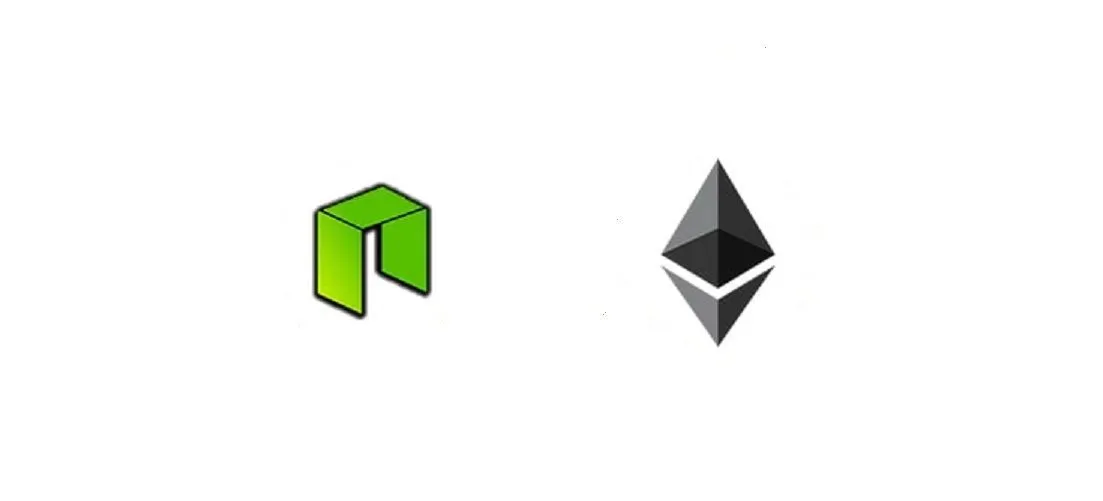There have been series of debates between Ethereum and NEO, well here is another one to determine which of the platform is the best.

The Ethereum platform is decentralized and also functions using smart contracts. Ethereum based applications operate without issues about 3rd party interference, downtime, censorship, and fraud.
The Neo platform was also created using the blockchain technology to digitize assets while managing assets with smart contracts. According to their websites, both platforms have similarities, and these similarities include:
- They are both blockchain technology-based platforms.
- They are decentralized.
- Both were created so that they can host the creation of Decentralized Applications (DApps), Smart Contracts, and ICOs.
- They require the functionality of crypto assets/tokens (Ether/ Ethereum, GAS/ NEO).
- They are open source and Turing complete.
If they both have these similarities, what then differentiates them?
DIFFERENCE
As it is, there are so many altcoins in the cryptocurrency market; however, finding an altcoin or a competitor for Ethereum is rare. Judging by the many similarities between both platforms, you may want to think NEO may just be a perfect competitor.
- Support
=> Ethereum does not have the support of any government; however, some part of the support it gets comes from the Enterprise Ethereum Alliance (EEA).
=> NEO is backed by the Chinese government, and this has helped the project gain popularity in China. - Programming
=> Ethereum coding is unique, and anyone with the intentions to write Smart Contracts and DApps will need to learn a completely new programming language
=> NEO’s Smart Contracts and DApps are written using C# and JAVA programming languages. Creation of Smart Contracts using Go and PYTHON programming languages will be made possible in the near future. - Algorithm
=> Ethereum was designed to use the Proof-of-Work model (PoW) and will soon upgrade to the Proof-of-Stake (PoS) model.
=> NEO uses the Proof-of-Stake. - Transaction Speed
=> Ethereum’s transaction rate is at 15 transactions per second.
=> NEO is also 15 transactions per second. - Target Audience
=> Ethereum is known at an international level, they have ensured everyone on their platform is carried along, irrespective of location or language.
=> NEO Appeals more to its Chinese audience than any other location, and as such English-speaking users may find it difficult navigating and understanding their site. - Direction
=> Ethereum is aimed at becoming the world’s only blockchain-based supercomputer by overseeing some functions which include Know Your Customers (KYCs), digital identity, computing, remittances, and DEX (Decentralized Exchange) among others.
=> NEO is more interested in creating a smart economy by digitizing real-world assets via digital identity. - Quantum Computer-proof
=> Ethereum like every other cryptocurrency has no security against Quantum computers, hence it is susceptible to hacks by quantum computers.
=> Neo claims their system is quantum computer-proof and based on the information on their whitepaper, they have developed an anti-quantum cryptography mechanism called “NeoQS”
From the above, it is clear that both platforms have their strengths and weaknesses, Ethereum, however, has an edge over NEO, in that it is global and popular, this does not rule out the fact that NEO can be a very strong competitor to watch out for.